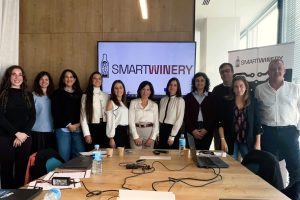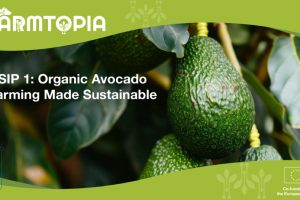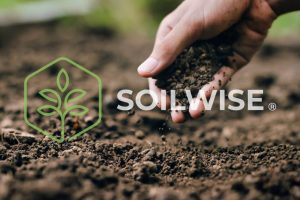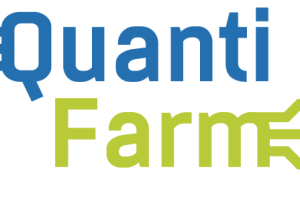This website uses cookies so that we can provide you with the best user experience possible. Cookie information is stored in your browser and performs functions such as recognising you when you return to our website and helping our team to understand which sections of the website you find most interesting and useful.
Strictly Necessary Cookie should be enabled at all times so that we can save your preferences for cookie settings.
If you disable this cookie, we will not be able to save your preferences. This means that every time you visit this website you will need to enable or disable cookies again.
This website uses Google Analytics to collect anonymous information such as the number of visitors to the site, and the most popular pages.
Keeping this cookie enabled helps us to improve our website.
Please enable Strictly Necessary Cookies first so that we can save your preferences!
This website uses the following additional cookies:
(List the cookies that you are using on the website here.)
Please enable Strictly Necessary Cookies first so that we can save your preferences!
More information about our Cookie Policy









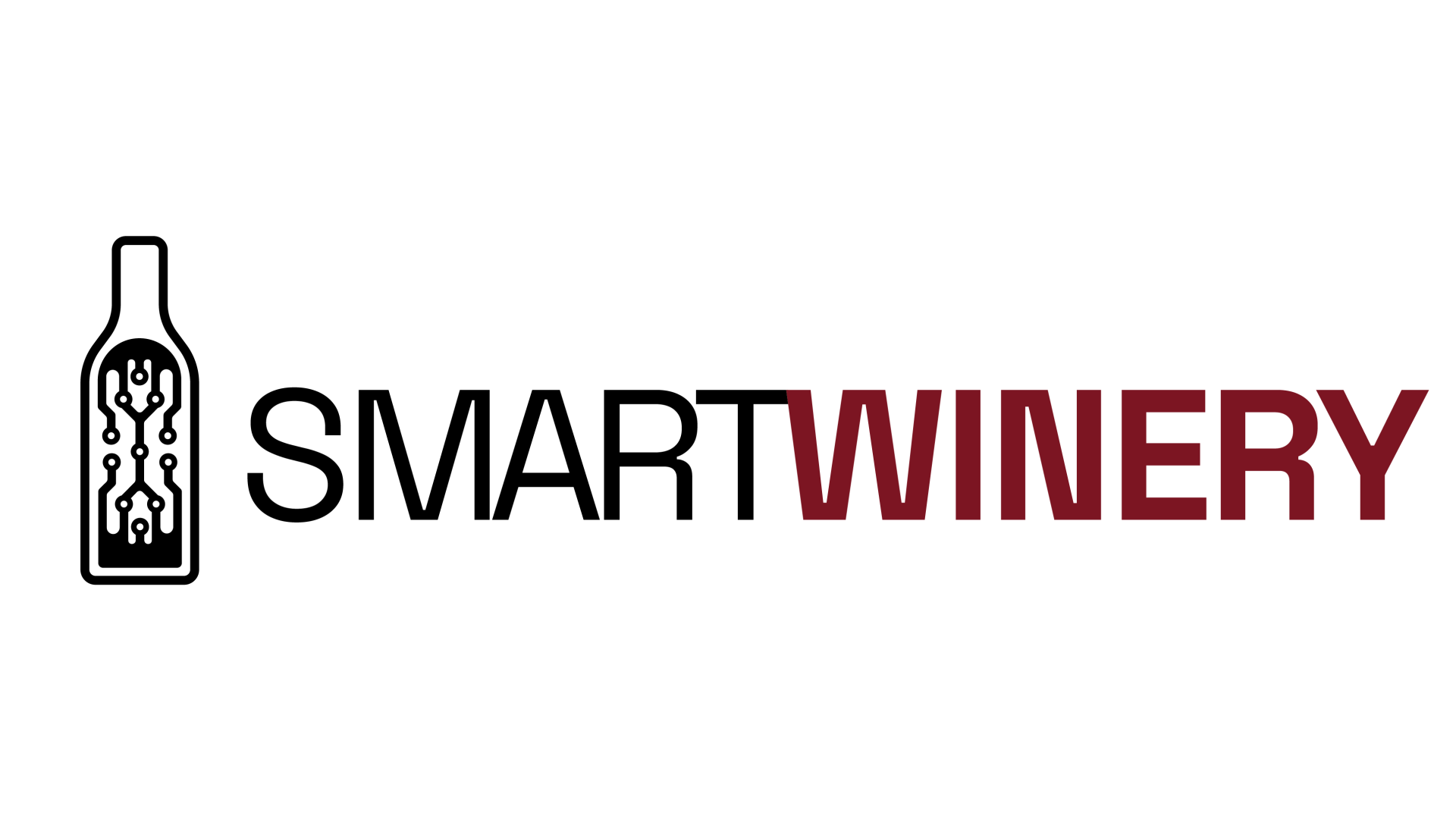
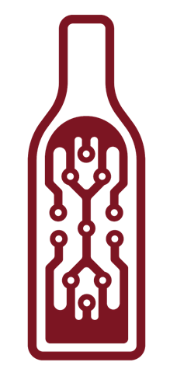 For the EU wine sector to maintain its beneficial economic, environmental, and social impact as well as the position as the global leader, it must adapt to new worldwide trends. This means adapting to the new consumption habits of a younger, more digital, and environmentally aware public. Such includes a commitment to new technologies and more efficient and sustainable production methods.
For the EU wine sector to maintain its beneficial economic, environmental, and social impact as well as the position as the global leader, it must adapt to new worldwide trends. This means adapting to the new consumption habits of a younger, more digital, and environmentally aware public. Such includes a commitment to new technologies and more efficient and sustainable production methods.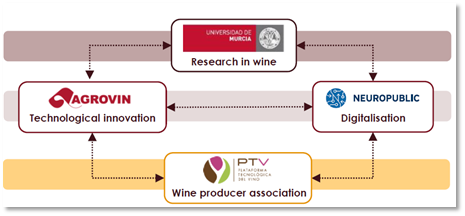
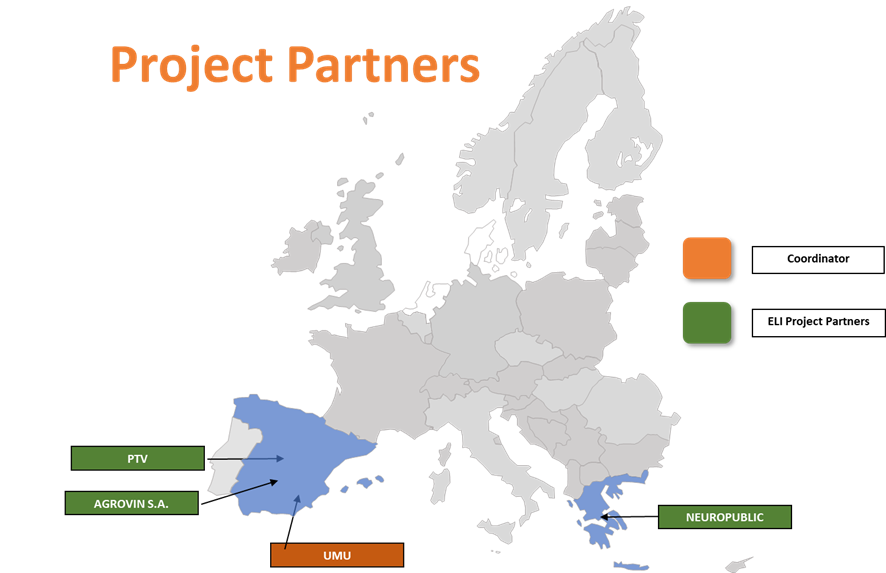
 The University of Murcia (UMU) is a public university located in the Region of Murcia. The different faculties are located in five different campuses. More than 34,000 students are enrolled in the Region of Murcia. The different faculties are located in five different campuses. with more than 34,000 students enrolled.
The University of Murcia (UMU) is a public university located in the Region of Murcia. The different faculties are located in five different campuses. More than 34,000 students are enrolled in the Region of Murcia. The different faculties are located in five different campuses. with more than 34,000 students enrolled. AGROVIN mission is to provide wineries with high-tech oenological solutions that preserve every last detail of the winemaking process. AGROVIN is involved in several R&I projects with the most important Wineries, Research Centers and Universities in the wine world. The fruit of this effort is different equipment designed to increase control of the process of winemaking and generate more added value to our customers. AGROVIN has a fully equipped testing laboratory accredited by ENAC, where a variety of microbiological and chemical determinations are made for the oenological industry.
AGROVIN mission is to provide wineries with high-tech oenological solutions that preserve every last detail of the winemaking process. AGROVIN is involved in several R&I projects with the most important Wineries, Research Centers and Universities in the wine world. The fruit of this effort is different equipment designed to increase control of the process of winemaking and generate more added value to our customers. AGROVIN has a fully equipped testing laboratory accredited by ENAC, where a variety of microbiological and chemical determinations are made for the oenological industry. The PTV was born with the aim of promoting innovation in the wine sector, they have established the first common R&D&i strategy for the wine sector in Spain. PTV thus acts by integrating all R&D&i agents in the wine sector, including wineries, companies in the auxiliary wine industry, research groups, technology centers and even business associations and other public and private institutions. Since its creation in 2011, the PTV has consolidated itself as a key actor in promoting innovation and knowledge exchange between the different actors with the aim of modernizing a highly traditional sector.
The PTV was born with the aim of promoting innovation in the wine sector, they have established the first common R&D&i strategy for the wine sector in Spain. PTV thus acts by integrating all R&D&i agents in the wine sector, including wineries, companies in the auxiliary wine industry, research groups, technology centers and even business associations and other public and private institutions. Since its creation in 2011, the PTV has consolidated itself as a key actor in promoting innovation and knowledge exchange between the different actors with the aim of modernizing a highly traditional sector.